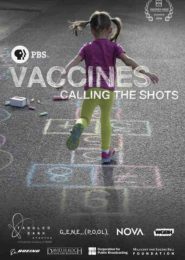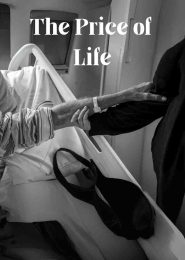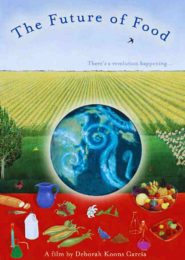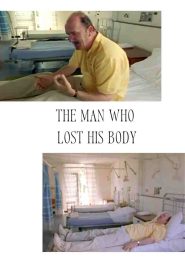Dying to Have Known (2006)
In the documentary Dying to Have Known, directed by Steve Kroschel, we embark on a journey that challenges the status quo of cancer treatment. The film centers around the Gerson Therapy, a natural approach to healing that has faced suppression and skepticism within the medical establishment.
Here’s a closer look at the film’s exploration:
- The Gerson Therapy: Dr. Max Gerson, a pioneering physician, believed that the body possesses innate healing abilities. His therapy involves raw, plant-based nutrition, detoxification, and the elimination of toxins. The film investigates whether this long-suppressed approach can indeed cure cancer.
- Garrett’s Quest: The documentary follows Garrett, a 15-year-old boy who lost his mother to cancer. Seeking answers, he dives into Dr. Gerson’s work. His journey takes him across continents—from Alaska to Mexico, with stops in San Diego, New York, Japan, Holland, and Spain. Along the way, he encounters experts, patients, and skeptics.
- The Cast of Experts:
- Stephen Barret: A health fraud expert.
- T. Colin Campbell: Professor Emeritus of Nutritional Biochemistry at Cornell University.
- Carolyn Dean: Author and advocate.
- Dean Edell: A voice in the medical community.
- Caldwell Esselstyn Jr.: A surgeon and coronary specialist.
- Charlotte Gerson: Dr. Gerson’s daughter.
- Paul Hepperly: Research manager at the Rodale Institute.
- Yoshihiko Hoshino: Professor of Medicine.
- Shugo Nakanishi: Business director at the New Japanese Gerson Clinic.
- Wallace Sampson: Editor of the Scientific Review of Alternative Medicine.
- Andrew W. Saul: Author and advocate.
- Howard Straus: A key figure in the Gerson movement.
- Takaho Watayo: Subdirector and surgeon at Toritsu Otsuka Hospital.
- David O. Wilson: Research agronomist at the Rodale Institute.
- The Paradox: Dying to Have Known grapples with the paradox of modern medicine. While pharmaceutical interventions save lives, they also come with side effects and limitations. The film raises questions about profit-driven healthcare systems and the balance between benefit and harm.
- The Call to Awareness: Viewers are urged to be informed consumers. The film emphasizes questioning, seeking second opinions, and understanding risks. It reminds us that our bodies are our ultimate laboratories, and we must advocate for our well-being.
In summary, Dying to Have Known sheds light on the intersection of science, ethics, and trust. It invites us to explore alternative paths, challenge assumptions, and consider the healing power of nutrition. As Garrett’s quest unfolds, we witness the beauty of truth—the truth that lies beyond conventional boundaries.





What an eye-opener about the power of natural healing and alternative medicine. It’s fascinating to see the journey of those seeking answers beyond conventional treatments. Anyone who’s curious about holistic wellness should give this a try!
This documentary makes us think about doing something outside the box. Just because capitalism is sort of against it, doesn’t mean that it doesn’t work.